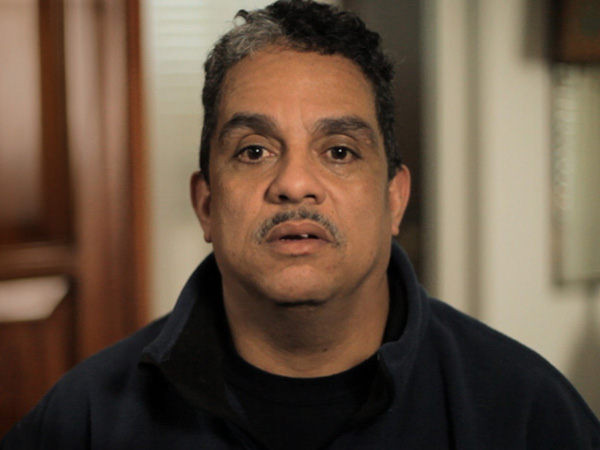PTSD Basics
"Credit for information below is provided by U.S. Department of Veterans Affairs"
PTSD (posttraumatic stress disorder) is a mental health problem that some people develop after experiencing or witnessing a life-threatening event, like combat, a natural disaster, a car accident, or sexual assault.
It's normal to have upsetting memories, feel on edge, or have trouble sleeping after a traumatic event. At first, it may be hard to do normal daily activities, like go to work, go to school, or spend time with people you care about. But most people start to feel better after a few weeks or months.
If it's been longer than a few months and you're still having symptoms, you may have PTSD. For some people, PTSD symptoms may start later on, or they may come and go over time.
VIDEO
How I Knew I had PTSD
When you have PTSD, the world feels unsafe. You may have upsetting memories, feel on edge, or have trouble sleeping. You may also try to avoid things that remind you of your trauma — even things you used to enjoy.
Who Develops PTSD?
Anyone can develop PTSD at any age. A number of factors can increase the chance that someone will have PTSD, many of which are not under that person's control. For example, having a very intense or long-lasting traumatic event or getting injured during the event can make it more likely that a person will develop PTSD. PTSD is also more common after certain types of trauma, like combat and sexual assault.
Personal factors, like previous traumatic exposure, age, and gender, can affect whether or not a person will develop PTSD. What happens after the traumatic event is also important. Stress can make PTSD more likely, while social support can make it less likely.
Get help for PTSD
If you need help right away:
- Call 911 or visit a local emergency room
- Call 1-800-273-8255
- Chat online with a counselor
PTSD Information Voice Mail:
(802) 296-6300
ncptsd@va.gov
Also see: VA Mental Health




